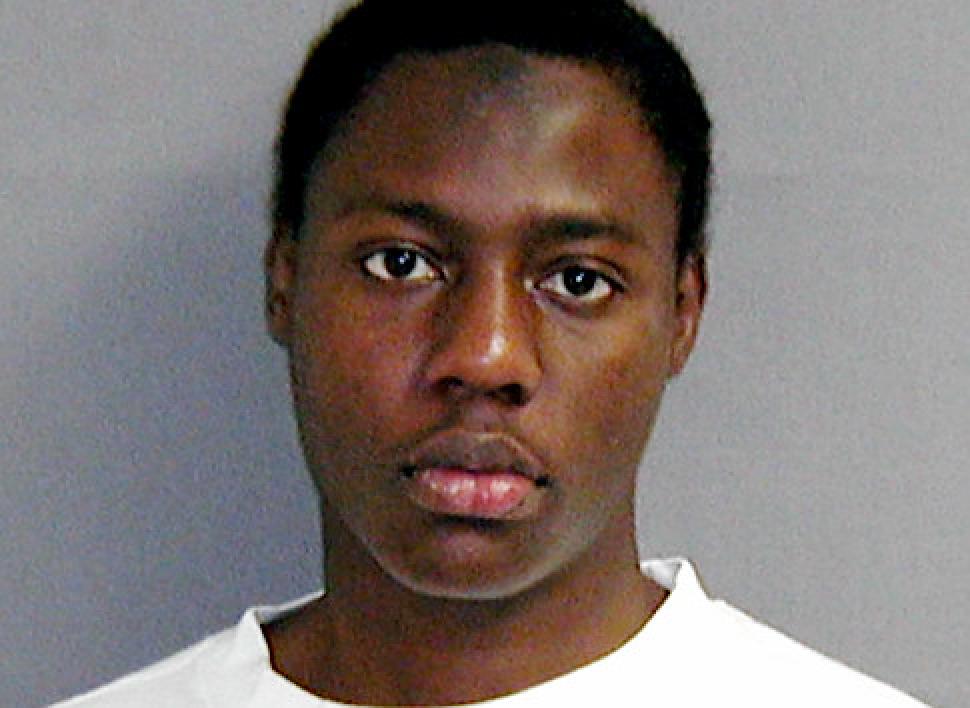For the science of psychiatry, the concept and act of “suicide bombing” remain an all-time puzzle. It has become clear that suicide bombing need not be seen in the same light ‘suicide’ is viewed traditionally in psychiatry as the ultimate action of self-annihilation, the urge/determination to kill and escape from self -aftermath of a severe depressive illness.
In other words, does suicide bombing fit into being defined as a mental “illness”? Subsequently, the bomber should be relieved of any responsibility for the behavior; hence, if caught, in the event of a failed attempt, rather than being prosecuted, s/he should be taken for psychiatry evaluation and treatment as necessary.
In the realm of psychology and sociological science, different schools of thought have emerged on what is the right approach to unravel the innermost intent of a would-be suicide bomber.
Many have asked: what is the basis for the mission where more often than not many innocent individuals got killed and maimed along with the suicide bomber? Is it due to a prompting from an unbalanced mind, who had been subjected to all kind of imaginative destitution and a hopeless future or is this another innovative tool in the arsenal of guerilla warfare in the prosecution of a well-defined political battle against a perceived oppressor cum enemy?
Advertisement
In other words, which discipline (medical sciences versus social science) is most relevant to anchor the critical understanding as per the phenomenon of suicide bombing? Is it strictly in the realm of psychology/mental health or majorly to be seen as a sociological and political matter? Put succinctly, is a suicide bomber mainly to be appreciated as an individual mind gone astray or a weapon being used by an organized group to prosecute a political cause under the guise of entrenched religious belief.
The point really is the need for a deeper understanding which requires a holistic approach; in this wise, to appreciate the phenomenon of suicide bombing demand applying the dialectical rule of “the whole is made of the parts and the parts make the whole”. And this is just the point against those who strictly want to see the act of the suicide bomber either as an individual’s irrationality explainable by strict psychoanalysis or those who see it being driven by the hatred sowed and capitalized upon by belief bigotry. The fact is that both recourses of analyses are relevant and not exclusive: the phenomenon is best understood as the individual disposition to strike violently against the ‘enemy, whilst sacrificing self as the mortar of destruction, after being molded consciously and subconsciously based by the socioeconomic day-to-day reality of severe wants, injustice, oppression, deprivation and a hopeless future.
However, the socioeconomic reality that a suicide bomber finds himself is also a strong factor that tilts such individual to this high point of self-annihilation. Even this concept may not explain all about the phenomenon; as this does not explain fully the participation in this act by individuals whose situations are far from hopelessness per se. The example of Farouk Abdulmutallab (pictured) – the young Nigerian who in December 2009 attempted to bomb a Delta Airliner, certainly do not fall in line with this; he is a rich man’s son with the luxury of life at his disposal yet he was ready to forgo this affluence and have a go at suicide bombing for a beclouded political cause.
Advertisement
Was Abdulmutallab out of his mind? Is he a psychopath who would probably not have enlisted to put himself forward as a suicide bomber if he had received appropriate treatment for mental health? This I presume would have been the line of argument a defense counsel in court would have loved to pursue. Interestingly, our man gave no room for such legal conjecture, he pleaded guilty to all charges as charged with a speech that did not betrayed a failing mind. Abdulmutallab’s speech, i.e. his vocalized thought process, sounded rather coherent and clearly put him above board in a mental state examination.
One other thing worthy of note is the place of suicide bombing in contemporary history. Suicide bombing historically did not begin with the now popular middle-east Islamic fundamentalists – the forebearers of the Boko-haram of Nigeria.
Records of suicide bombing martyrdom are readily available from among the earliest anarchists in the old tsarist Russia more than 100 years ago; and later in the last century, among Japanese world war II fighters, Vietnamese Buddhist monks and the Sri Lankan Tamil Tigers.
The Kamikaze Pilot
In World War II, Japanese “Kamikaze” pilots participated in suicide attacks against American ships in the Pacific. Researchers of the Kamikaze point out that these individuals were not suicidal, but rather viewed self-sacrifice as the ultimate weapon against the enemy. The pilots were driven by a desire to sacrifice for their country, and did not display any signs of typical clinically abnormal behavior.
Advertisement
The Tamil Tigers
The Tamil Tigers, a secular group devoted to establishing an independent Tamil state in Sri Lanka, have been responsible for more suicide attacks (over 200) than most other groups. Their fighters are described as fierce, well trained, and totally dedicated to their cause. The Tigers select volunteers from tough combat units according to their combat record. They are known as a highly nationalistic force who select both males and females to serve as “human bombs” to attack selected targets.
Buddhist Monks and Self-Immolation
Another example of note is the self-immolation of Buddhist monks as practiced in Southeast Asia in the 1960s. While these acts never involved any attacks on others, they nevertheless carried a political message. The earliest of these acts took place in 1963 when Thich Quang Duc, a Buddhist monk, set himself on fire in South Vietnam. This act, and similar acts that followed, served to raise political consciousness against what were described as the repressive policies of the Catholic regime in South Vietnam against Buddhists.
So, what does it add up?
In summary, a close psychoanalysis of the ‘suicide bomber’ will pass as a mind of recurrent contradictions; he is vulnerable yet strong at the same time. He wants to remain anonymous yet remembered in the history of his community as a hero. He wants to die and yet also live forever. He is the most rational being in planning his attack and yet acts in the most irrational way by being destructive to himself and others.
However, the unfortunate thing is the undesired political implication of these actions, because in the main, this action serves a political cause, which seriously speaking from the obvious does not add up to make the suicide bombers’ cause stronger. If anything, it weakens the cause and leaves a ready excuse for the ‘oppressive machinery’ they are fighting to rearm many times over and thus become more oppressive than ever before.
Advertisement
1 comments








SUICIDE BOMBERS LIKE OTHER SUICIDERS SHOULD BE VIEWED TO BELONG TO ONE CATEGORY, THEIR ACT IS SELF-DESTRUCTIVE, OBSESSIVE ABOUT THE OBJECT OF DISSATISFACTION/PAIN THEY PERSPECTIVELW RELATE WITH. EXCEPT FOR SUICIDE BOMBERS, IN MOST SITUATION, THEIR’S PERSISTENTLY A COMPELLING FORCE, RATHER THAN A PERSUASIVE ONE. SOME ARE VICTIMS OF ANOTHER’S MANIPULATION(BRAINWASH). AGAIN FOR BOTH, THEIR SELF-AWARENESS AT THE MOMENT OF THE ACT AND PREPARATION IS IN MOST CASES IS THAT OF BEMUSEMENT AND UNTIL A MAJOR EVENT TAKES PLACE, THEIR STATE OF MIND IS LIKELY TO REMAIN FOCUSED ON THEIR TARGET UNTIL THEY ACCOMPLISH THEIR CAUSE. NOW THIS IS WHERE FAMILY TIES AMONG MEMBERS COME TO PLAY, THIS IS WHERE COMMUNITY VALUES HAS A ROLE, THIS IS WHERE FRIENDSHIP AND MEMORIES TOO CAN BE OF DECISIVE IMPACT IN THE LIFE OF A SUSPECTED VICTIM, WHETHER OF SUICIDE OR BOMBER. .
.
THE FAMILY’S MOST VITAL ROLE HERE IS THAT OF TEACHING THE OFFSPRING WHERE TO GO, AND BUILDING A NAME, REPUTATION, & A LEGACY THEY WOULD BE RESPONSIBLE TO KEEP.